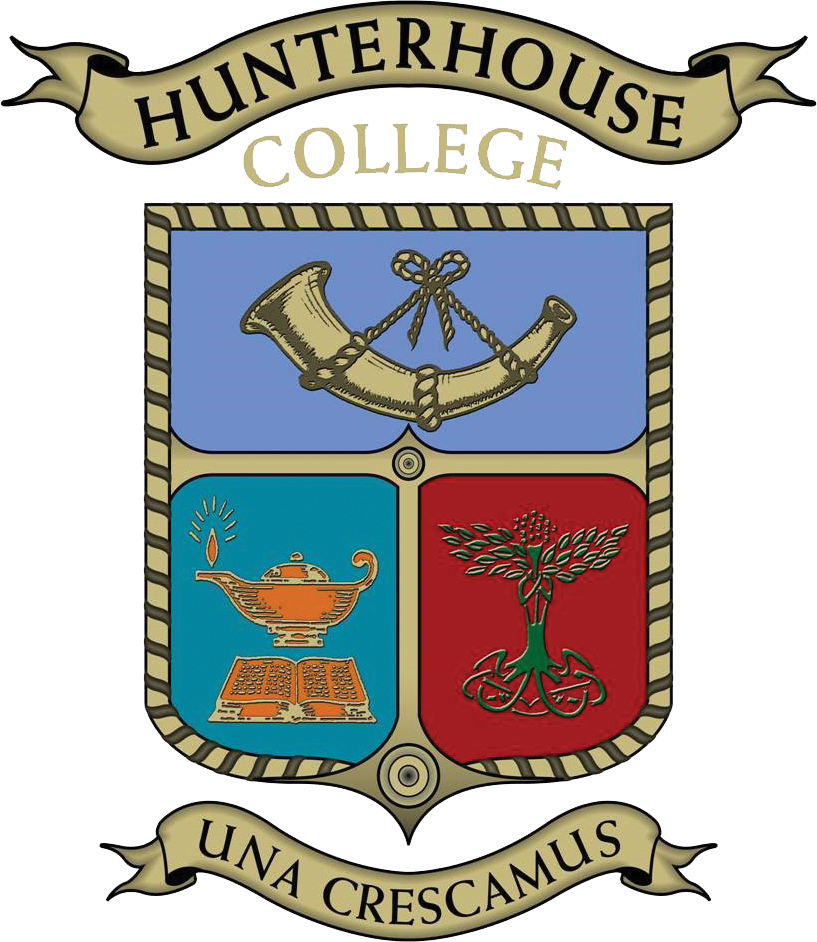Criminology
Crime is always in the headlines. Whether it’s contentious policing tactics or public outcry at the sentences handed out to high profile offenders – crime and justice stimulate fervent debates. Criminology enables students to examine these issues with a scientific eye.

WJEC Level 3 Diploma in Criminology is a qualification with elements of psychology, law and sociology that complements studies in humanities. This is an Applied General qualification. This means it is designed primarily to support learners progressing to university. It has been created to offer exciting and interesting experiences that focus learning through applied methods, i.e. through the acquisition of knowledge and understanding in purposeful contexts linked to the criminal justice system.
Skills
An understanding of criminology is relevant to many job roles within the criminal justice sector, social and probation work and sociology and psychology. Studying a third level qualification in criminology provides you with lots of options within the public, private and voluntary sector. Many students go on to pursue a career within the criminal justice system, working in roles such as police officer, probation officer, prison governor, case review manager for the criminal cases review commission or in the field of forensic accounting. A career in public policy – either in the civil service, think tank or charity – is also an option.
Having developed an understanding of the social issues surrounding crime, a criminology student may be well suited to a career in welfare, for example social work, or a role in victim support or drugs rehabilitation. Whatever career you decide to pursue, the skills developed through a criminology course – such as analysis and critical thinking – are likely to be valued by employers across the graduate jobs market.
Course Content
The diploma is comprised of four mandatory units, two of which are internally assessed whilst the other two are externally examined as illustrated in the table below.
| Unit Number | Unit Title | Assessment |
| 1 | Changing Awareness of Crime | Internal |
| 2 | Criminological Theories | External |
| 3 | Crime Scene to Courtroom | Internal |
| 4 | Crime and Punishment | External |
The first mandatory unit will enable the learner to demonstrate understanding of different types of crime, influences on perceptions of crime and why some crimes are unreported. The second mandatory unit will allow learners to gain an understanding of why people commit crime, drawing on what they have learned in Unit 1. The third mandatory unit will provide an understanding of the criminal justice system from the moment a crime has been identified to the verdict. Learners will develop the understanding and skills needed to examine information in order to review the justice of verdicts in criminal cases. In the final mandatory unit, learners will apply their understanding of the awareness of criminality, criminological theories and the process of bringing an accused to court in order to evaluate the effectiveness of social control to deliver criminal justice policy.
For further details on the course, please contact Mrs K Playfair.
